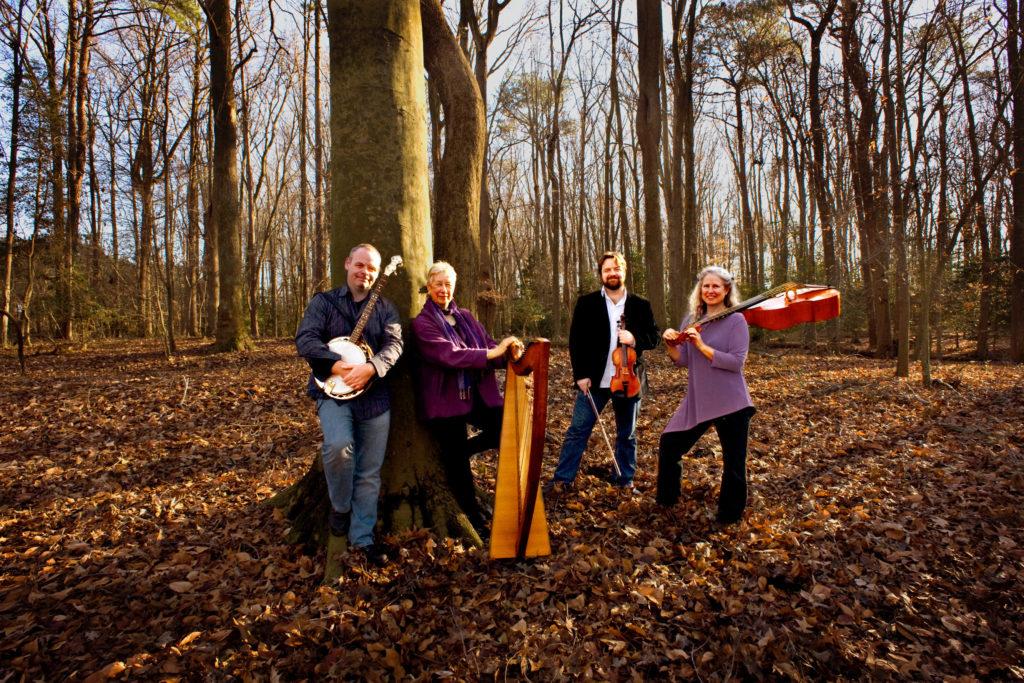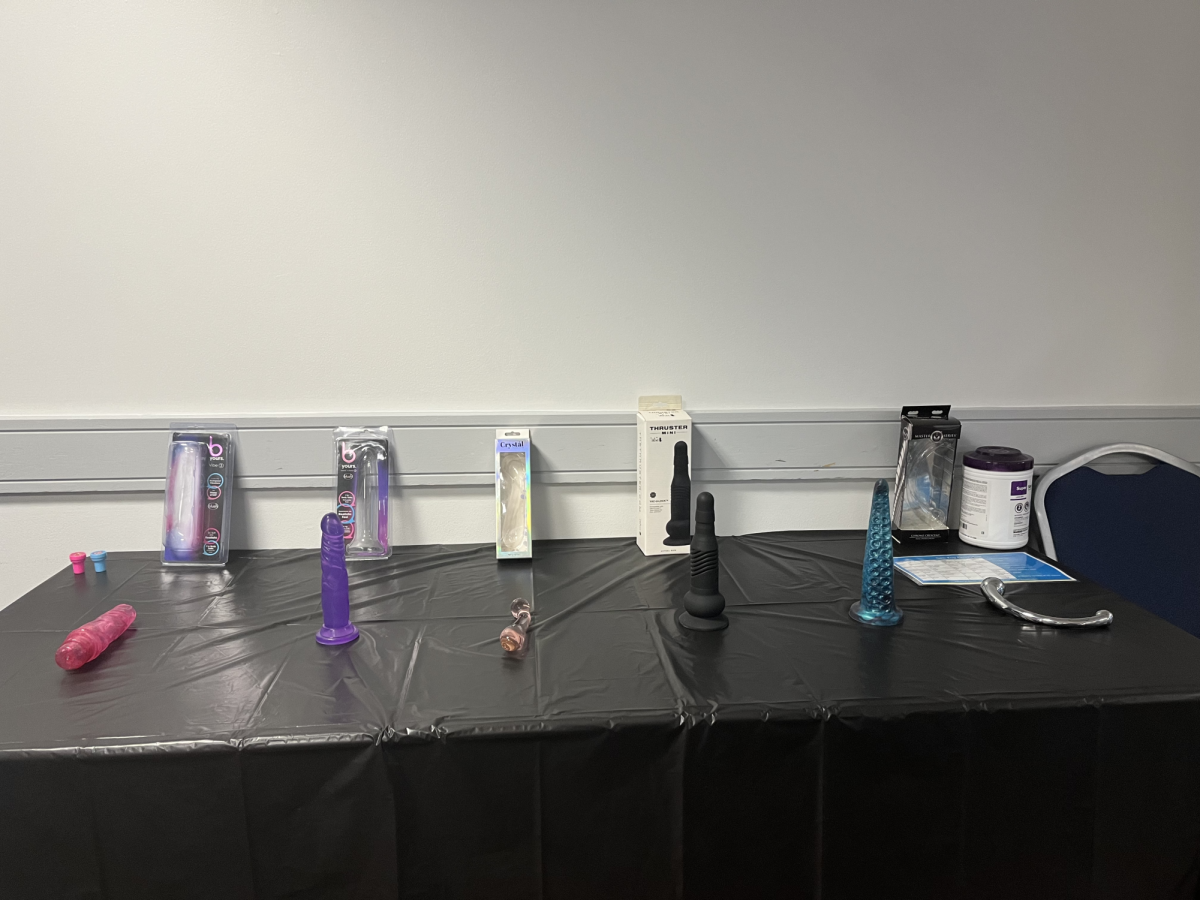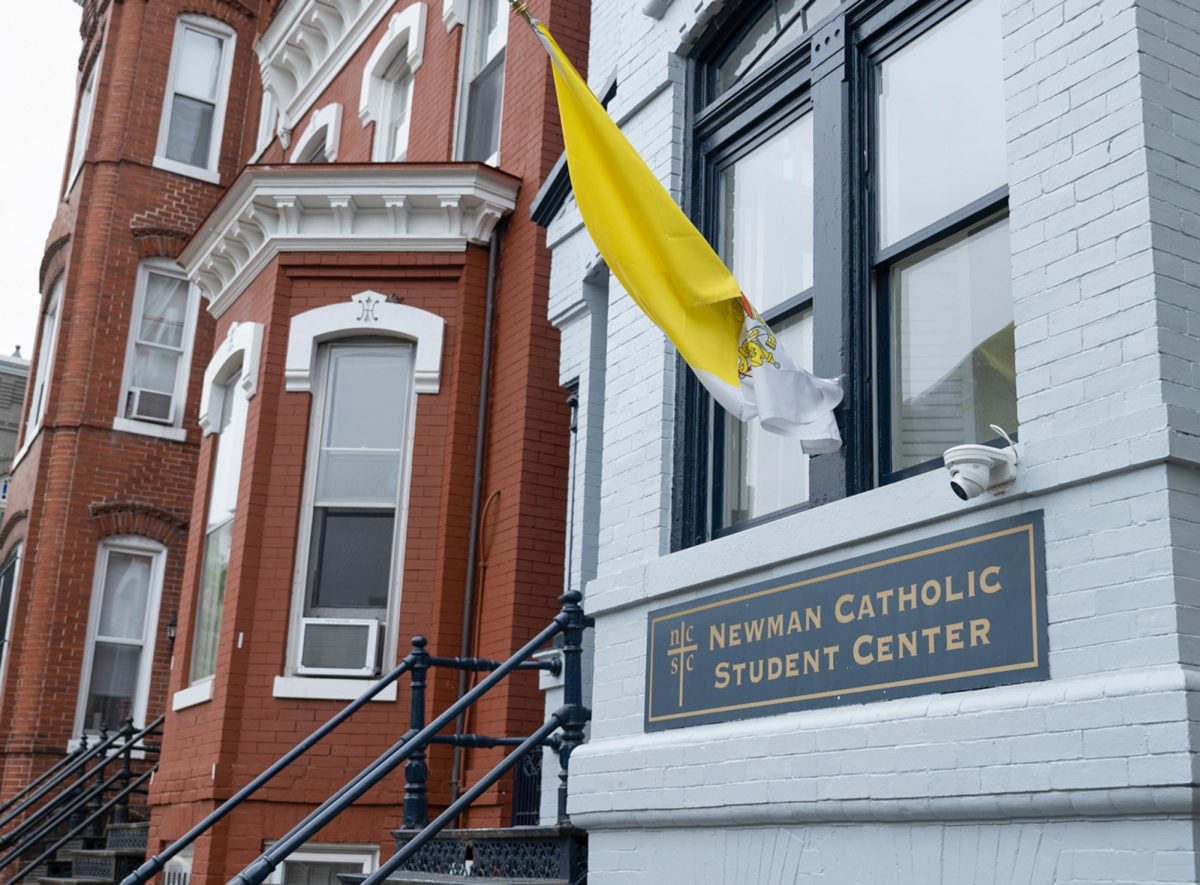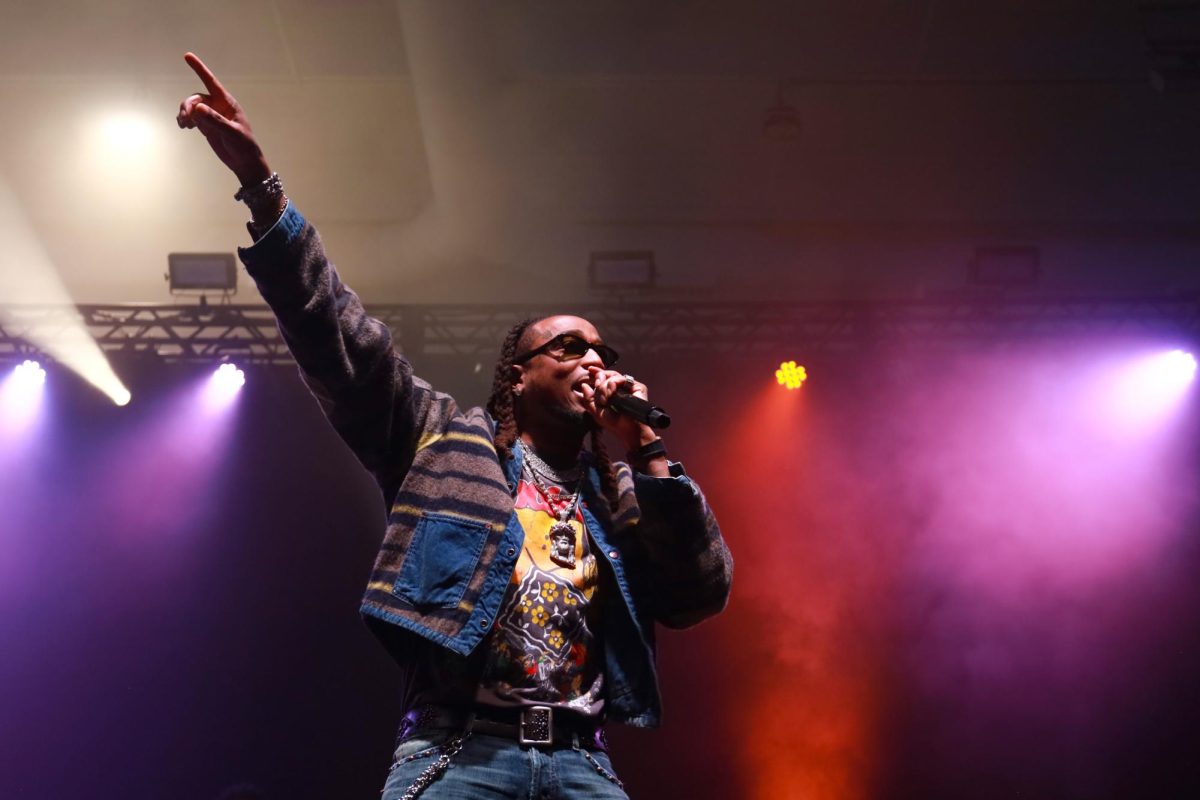After spending years listening to veterans tell their stories, an alumna is amplifying their experiences on the stage with the help of NPR war correspondents and a six-piece music ensemble.
Carolyn Surrick, who graduated with a master’s degree in musicology in 1990, premiered her newest theatrical project in Aliso Viejo, Calif. Friday. The show, titled “Between War & Here,” utilizes poetry, music and memoir to illustrate veterans’ experiences living through war, exposing the sacrifices made by those who serve.
“The subject is wounded warriors and their families, but really it is about courage and resilience and the incredible humanity of these amazing men and women,” Surrick said.
Her own poetry set to music makes up “the body of the show,” and Surrick said she was inspired by the veterans she met while performing at Walter Reed National Military Medical Center with Ensemble Galilei, a Celtic and traditional music group she founded shortly after graduation.
Surrick visited the military hospital every Friday afternoon for seven and a half years to play for wounded soldiers and their families and collected material for this show along the way.
“You know you think you are going to be doing something nice for someone else, and really what ends up happening is those people change your life,” Surrick said.
Now, Surrick is embarking on a two-month tour showing “Between War & Here” in cities across the country. Surrick and Ensemble Galilei contribute to the show and are aided by two NPR war correspondents Neal Conan and Anne Garrels who serve as narrators and recite Surrick’s poems.
“Everytime Anne and Neal read these poems, I’m actually back there in that place at Walter Reed,” Surrick said. “I actually see these guys, and I see the moments that I am writing about, and for me it is incredibly personal.”
Given their own experiences covering war, Conan and Garrels are able contribute to the content of the show by reflecting on their own memories. Conan has worked as a war correspondent since 1972, covering multiple wars and conflicts including the First Gulf War.
He has collaborated with Surrick on theatrical projects throughout the years and said performing in these works is “a way to recognize people who are often invisible.”
“One of the poems speaks about the veterans being unable to explain to their friends what war sounds like, what war smells like, what war feels like, what war is,” Conan said. “Anne and I have both spent a fair amount of our lives trying to explain that to audiences in our pieces for NPR, so I think there is a real connection there.”
Although Garrels never worked with Surrick and her music group before, she said the decision to get involved was a “no brainer.” Garrels, who spent eight years covering the war in Iraq, said the theater piece is particularly significant for its ability to promote awareness of conflicts continuing abroad.
“There is so little coverage of the wars that continue in Iraq, Afghanistan and Syria,” she said. “I think it is important to remind people that this is going on.”
When curating the show, Surrick said she employed the ensemble’s varied specialty in Celtic folk music, baroque and contemporary compositions but also opened it up to the entire crew to approve or veto music that amplified the feelings displayed in the show.
“Neal Conan calls it ‘the goosebump test’ because when it’s right, everybody in the room knows it,” Surrick said. “You don’t even have to talk about it.”
With the play, Surrick said she hopes to engage veterans and their families – but the show is also for people who have no ties to the military and seeks to expose them to the stories of those who risk their lives. She was encouraged by the response they have received so far, and said the work has been successful in starting conversations about the human experience in war.
“After we do the performance, no one leaves the theatre,” Surrick said. “They just want to talk.”





